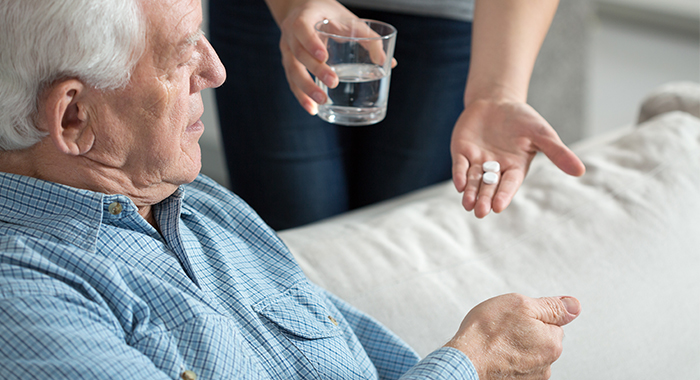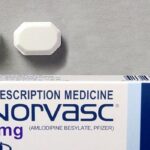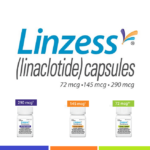Why Take Amlodipine At Night?

Amlodipine is a prescription medication used to treat some cardiovascular conditions. In the United States, it commonly goes under the brand name Norvasc. Amlodipine is a calcium channel blocker. Doctors commonly prescribe these drugs to treat people with high blood pressure. A doctor may also prescribe amlodipine for coronary artery disease and angina.
The U.S. Food and Drug Administration (FDA) first approved amlodipine in 1987. The FDA considers amlodipine as a safe and effective treatment for high blood pressure, which doctors refer to as hypertension, coronary artery disease, angina, which is chest pain resulting from reduced blood flow to the heart.
The dosage for amlodipine depends on the person’s condition and how well their symptoms respond to treatment. The doctor will also take into account an individual’s age and medical history when recommending a dosage.
According to the FDA’s prescribing information leaflet, amlodipine is available in tablets and capsule form and in a range of strengths, including 2.5 milligrams (mg), 5mg, and 10mg quantities.
Doctors prescribe amlodipine for a variety of conditions, and the FDA recommends the following dosages:
For treating high blood pressure:
- For adults: starting with 5 mg once daily with a maximum dose of 10 mg daily.
- For older people or those with liver problems: 2.5mg once daily.
- For children aged 6–17 years old: 2.5mg or 5 mg once daily.
The FDA also recommends that doctors adjust a person’s dosage according to blood pressure goals, but wait between 7 and 14 days between changes.
Why take amlodipine at night?
New studies suggest that, taking your blood pressure medication at bedtime may more effectively reduce your risk of illness or death due to heart and blood vessel disease. Specifically, the study found that taking blood pressure drugs before bed may lower the risk of serious heart-related complications more than taking the drugs in the morning.
Timing of medication is important because blood pressure follows a daily rhythm. It rises higher during the day and falls at night when we sleep. However, many doctors agree that it does not matter what time of day you take amlodipine (morning or evening) but it is best to take it at the same time every day, when you are most likely to remember, for more even blood levels and therefore effectiveness.
What should I discuss with my healthcare provider before taking amlodipine?
You should not take amlodipine if you are allergic to it.
Tell your doctor if you have ever had:
- liver disease; or
- a heart valve problem called aortic stenosis.
Tell your doctor if you are pregnant or plan to become pregnant. It is not known whether amlodipine will harm an unborn baby. However, having high blood pressure during pregnancy may cause complications such as diabetes or eclampsia (dangerously high blood pressure that can lead to medical problems in both mother and baby). The benefit of treating hypertension may outweigh any risks to the baby.
Tell your doctor if you are breastfeeding.
What are the possible side effects of amlodipine?
Get emergency medical help if you have signs of an allergic reaction: hives; difficulty breathing; swelling of your face, lips, tongue, or throat.
In rare cases, when you first start taking amlodipine, your angina may get worse or you could have a heart attack. Seek emergency medical attention or call your doctor right away if you have symptoms such as: chest pain or pressure, pain spreading to your jaw or shoulder, nausea, sweating.
Call your doctor at once if you have:
- pounding heartbeats or fluttering in your chest;
- worsening chest pain;
- swelling in your feet or ankles;
- severe drowsiness; or
- a light-headed feeling, like you might pass out.
Common side effects may include:
- dizziness, drowsiness;
- feeling tired;
- stomach pain, nausea; or
- flushing (warmth, redness, or tingly feeling).
This is not a complete list of side effects and others may occur. Call your doctor for medical advice about side effects. You may report side effects to FDA at 1-800-FDA-1088.





